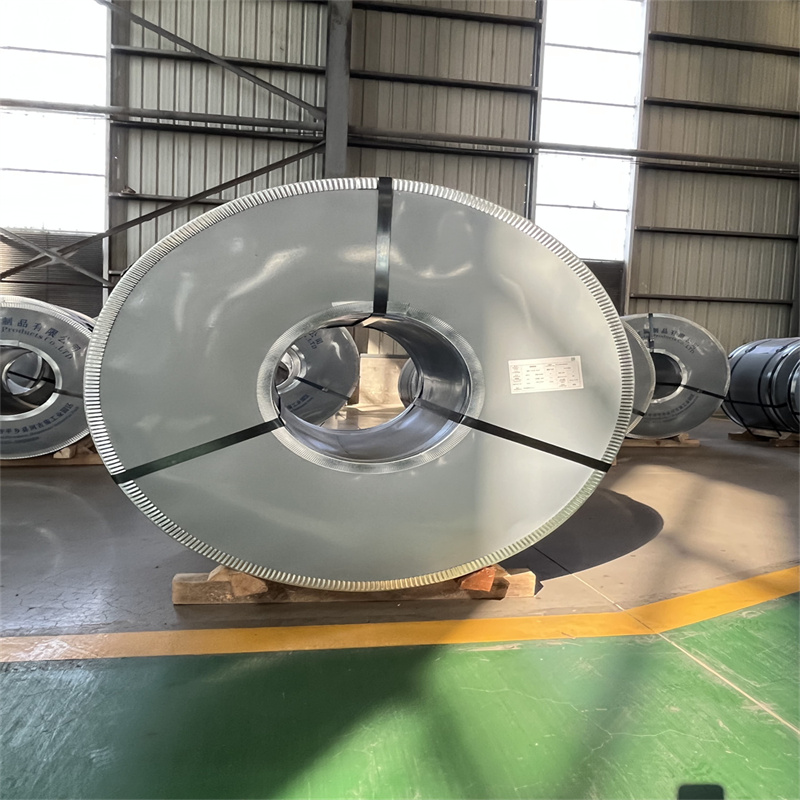
10 月 . 19, 2024 10:11 Back to list
Innovative Tin Can Manufacturing for Efficient Food Storage Solutions
The Importance of Tin Cans in Food Storage A Look at the Factory Production Process
In the realm of food preservation, tin cans have long held an essential position. These sturdy containers not only provide a means to store food safely but also play a critical role in reducing food waste and extending shelf life. Understanding the journey of tin cans from raw materials to finished products offers insight into their significance in the food storage industry, particularly from the perspective of a tin can factory.
The Role of Tin Cans in Food Preservation
Tin cans are a vital component in the food storage sector. Their primary purpose is to protect food from external elements such as air, moisture, and light, all of which can lead to spoilage. The airtight seal of a tin can ensures that the contents are preserved for long periods, enabling consumers to enjoy seasonal products year-round. Moreover, tin cans are highly recyclable, which supports sustainability efforts and reduces the carbon footprint associated with food production and packaging.
The Production Process in a Tin Can Factory
The process of creating tin cans begins with the assembly of raw materials. Steel is the primary material used, coated with a thin layer of tin to prevent corrosion. In a typical factory, large rolls of steel sheets are fed into machines that cut them into circular disks. These disks are then molded into the shape of a can through a process called deep drawing. This step is crucial, as it determines the integrity and durability of the final product.
The next phase involves creating the can’s two essential components the body and the end (the top). The body is formed through successive operations that involve stretching and thinning the metal, ensuring it will hold the weight of the food it will eventually contain. Simultaneously, the ends of the can are fashioned using a similar deep-drawing technique, often employing various printing methods to add branding and nutritional information on the outer surface.
Once the body and ends are prepared, they undergo a rigorous cleaning process. This is vital to eliminate any impurities that could affect food quality. After cleaning, a thin coat of enamel is applied. This coating not only provides a shiny finish but also adds a layer of protection for the contents inside—further safeguarding against corrosion and extending shelf life.
tin cans for food storage factory

Quality Control and Testing
Quality control is a fundamental aspect of can production in any reputable factory. At each stage—cutting, forming, cleaning, and coating—tin cans are continuously tested for integrity and performance. Factories often utilize advanced technologies, including automated inspection systems, to detect any defects. Rigorous testing ensures that every can meets industry standards and is capable of preserving food effectively. This dedication to quality helps to instill consumer confidence in canned products.
Sustainability Efforts in Can Production
In recent years, sustainability has become a focal point in manufacturing practices. Tin can factories are increasingly adopting environmentally friendly procedures, such as using recycled materials and implementing energy-efficient processes. The recyclability of tin cans is also a major selling point; it is estimated that more than 80% of tin cans are recycled, which significantly cuts down on the need for raw material extraction and reduces energy consumption.
Conclusion
Tin cans have revolutionized the way we store and consume food. From the factory floor to the grocery store shelf, the meticulous process of can production underscores the importance of these containers in our daily lives. They not only provide convenience and durability but also contribute to sustainability efforts within the food industry. As consumers become more aware of the environmental impacts of their choices, the demand for responsibly produced tin cans will likely continue to grow, ensuring their place as a staple in food packaging for years to come.
The journey from raw material to finished product is a testament to human ingenuity and the relentless pursuit of efficiency and sustainability in the food storage industry.
-
Galvanized steel sheet price hot-dip galvanized
NewsMar.07,2025
-
Galvanized steel sheet price hot-dip galvanized
NewsMar.07,2025
-
Galvanized steel sheet price hot-dip galvanized
NewsMar.07,2025
-
Galvanized steel sheet price hot-dip galvanized
NewsMar.07,2025
-
Galvanized steel sheet price hot-dip galvanized
NewsMar.07,2025
-
buy corrugated roof sheet end capping
NewsMar.07,2025